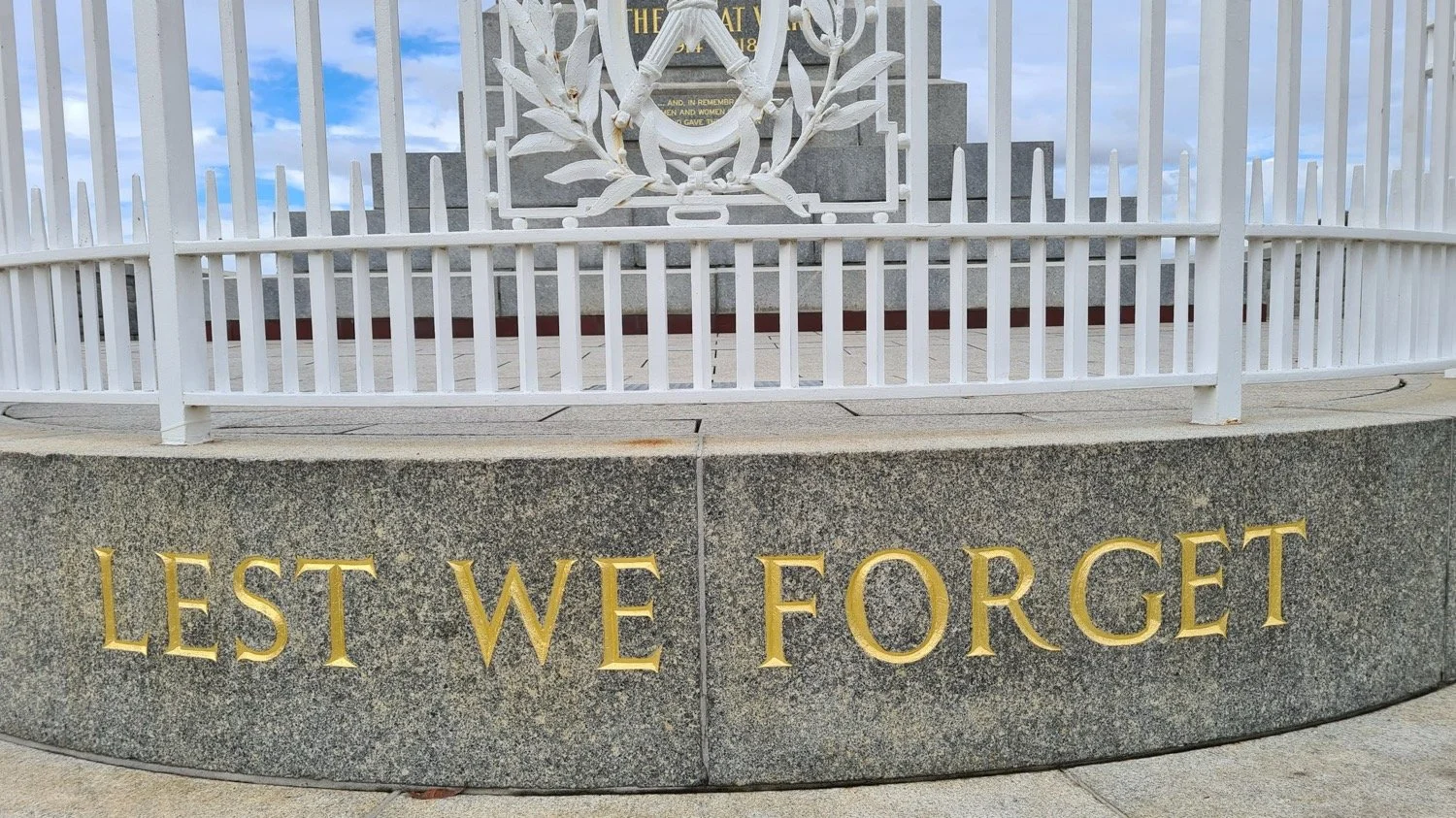Readings for the day: Joshua 1, 2 and Psalm 105
We are done with Deuteronomy! Great job everyone! Well done! You have now completed the Torah. The Pentateuch. One of the most important sections in all the Bible! I know it wasn’t easy and I know the reading begged a lot of questions. This should happen every time we read Scripture reflectively and honestly and deeply. I love this verse from Joshua, “This Book of the Law shall not depart from your mouth, but you shall meditate on it day and night, so that you may be careful to do according to all that is written in it. For then you will make your way prosperous, and then you will have good success.” (Joshua 1:8) It was one of the earliest I memorized after I became a Christian. But when we meditate on Scripture, it confronts us and forces us to ask some hard questions. Here are just a few that were posed today by some of you...
- How can God, as Father, curse His children?
- How can God, as Creator, be so cruel to His creation? Especially non-Jews?
- Did Moses have a unique relationship with God or was he a cult leader along the lines of a Jim Jones?
- How does the Old Testament speak to non-Jews about faith?
- Am I worth saving? (A really, really, really important question!!!)
Let me see if I can take a stab at some answers...
The key to understanding is to put ourselves in God’s shoes. Imagine you are a Father/Mother and you have children who are absolutely bent on self-destruction. They lie. They steal. They murder. They abuse each other. And this isn’t just an occasional thing. It literally happens every hour of every day over weeks and months and years. It never ends. They are sociopathic in a way. They never stop. Now imagine you are not only a parent but you are also the primary civil authority in their lives. You have the power to punish. To judge. To sentence. And so you bring them before your “court.” You show them mercy. You show them grace only to have them go out and continue their criminal activity. They are a danger to themselves and others. How would you respond? Would it not force your hand?
The same principle applies even more to the second question...How can God, as Creator, be so cruel to His creation? Especially non-Jews? Non-Jews were even more self-destructive. Their evil knew no boundaries. They had no law to restrain them. No prophet to teach them. It’s essentially the story of Noah all over again. The evil in the world growing so great, God as the Righteous Judge, should wipe it out. But God made a promise. Never again to destroy the earth. So what’s God to do? How are crimes to be punished? As the evil in humanity grows, how can it be restrained? Remember, we aren’t jut talking about a few sins here and there that we feel bad about but move on. We’re talking evil. The worst kind of crimes happening over and over and over again. Every hour. Every day. Every week. Every year. It’s relentless. It’s not cruelty to sentence a murderer to death even in our world. It’s not cruelty to sentence a rapist to life in prison. It is justice.
Justice is the key. What the Old Testament teaches us - and what we have the most trouble grasping in the 21st century - is that sin is serious. It is a crime against a holy God. Every sin is an act of rebellion. Sedition. Treason. And again, I cannot stress this enough, we commit these crimes every hour of every day of our lives. And the non-Jews in the Old Testament were much, much worse because they didn’t have the Holy Spirit living inside them restraining their sin. It was a brutal, violent, evil world. Our God is not just a Father. He is a King. And justice and righteousness and holiness are real. Just as real as love and grace and mercy. God is all of these all at once. So when we consider our sin or Israel’s sin or the sin of the non-Jews in the Old Testament, we have to view it through the lens of God’s justice system. Sin is not just bad behavior but criminal activity and justice demands that crimes be punished.
Enter Moses. Was he a cult leader or did he really have a unique relationship with God? Such an insightful question! We’ve all seen or heard of cult leaders like Jim Jones, David Koresh, etc. We’re rightfully horrified at the mind control, intimidation, and fear tactics they employ. Self-styled messiahs should be exposed for the charlatans they are in our world. So what makes Moses different? Or Jesus for that matter?
First and foremost, one has to decide if what Moses’ preached and how Moses’ led reflected the character and nature of God. Remember the key verse from Exodus 34:6-7? “The Lord, the Lord, a God merciful and gracious, slow to anger and abounding in steadfast love and faithfulness, keeping steadfast love for thousands, forgiving iniquity and transgression and sin but who will by no means clear the guilty, visiting the iniquity of the fathers on the children and the children’s children to the 3rd and 4th generations.” Does Moses’ teaching and leadership reflect this God?
I would argue it does. Moses acts as God’s agent on the earth. At times, he executes justice. At times, he shows mercy. His primary job - which he failed at when he hit the rock twice in anger - was to show God’s people the holiness of God. To declare God’s glory and majesty and greatness to a people who so easily will forget. We always have to keep in mind that the “baseline” for God’s people was sin. Unfaithfulness. Rebellion. Moses, through his actions, was continually calling them back to God.
Secondly, one has to grapple with the miracles he performed. If he truly parted the Red Sea, brought plagues on Egypt, brought water from a rock, etc. does this not in some way validate his message? Signs and wonders in both Old and New Testaments are meant to authenticate the message that is being preached. This is why healing miracles are often associated with Jesus’ preaching. The miracles point to the truth of the message. Same is true with Moses. The miracles validate the message. For the life of me, I cannot think of any miracles performed by false prophets/cult leaders like Jim Jones, David Koresh, Adolf Hitler, etc.
Thirdly, there is a step of faith here. One has to decide whether the first five books of the Bible are truly the inspired Word of God or whether they are simply human stories. If the latter, then I do think it’s tough not to come to the conclusion that Moses is a cult leader and these stories were written to justify the atrocities Israel committed. If, on the other hand, you believe the Bible tells the story - to use Jewish theologian Abraham Heschel’s great phrase - of “God’s search for man”, then you have to conclude that Moses did have a unique relationship with God and therefore his actions/decisions were guided by God’s hand and therefore just and right and holy.
So how does the Old Testament then speak to non-Jews about faith? Should we just bag the whole thing? (That’s actually what the Nazi’s under Hitler did by the way...) No, what the Old Testament teaches us is about the holiness of God. The righteousness of God. The justice of God that can NEVER be satisfied by human beings. No matter how hard we try to be faithful, we will always fall short. And this is a GOOD thing because it is setting the stage for the coming of the Messiah. The story of the Old Testament is indeed the story of God’s unending, relentless search for man! He will not abandon them. He will not destroy them. He keeps coming back to them over and over again no matter how dark and evil their crimes against Him. From Adam to Noah. Noah to Abraham. Abraham to Moses. Moses to Samuel. Samuel to David. David to Exile. The story is all the same. Man’s inevitable descent into madness and suffering and evil and self-destruction. Matched by God’s great faithfulness.This is the story the Old Testament tells that sets the stage for the coming of Jesus. The ultimate act of faithfulness from a God who will never let us go.
And that leads me to the final question...One that is so very important. In fact, it is the key to understanding the whole Bible.
Am I worth saving? Whew. What a question! Here’s the Bible’s clear and unequivocal answer. No. You are NOT worth saving. I am NOT worth saving. There is NOTHING in me that is redemptive or holy or righteous or just. The prophet Isaiah writes in 64:6, “All of us have become like one who is unclean and all our righteous acts are like filthy rags...” We are not worthy. In our natural condition, we deserve death. Nothing more. Nothing less. Nothing else. And this has been the natural state of every single human being who has ever lived or ever will live. Psalm 51 says we are literally conceived in iniquity. We are broken. We are dead in our sin. We have no hope.
But God...”being rich in mercy, because of the great love with which He loved us...makes us alive together with Christ.” (Eph. 2:4-7) Christ is worthy. I am not. This is the heart of the gospel.




